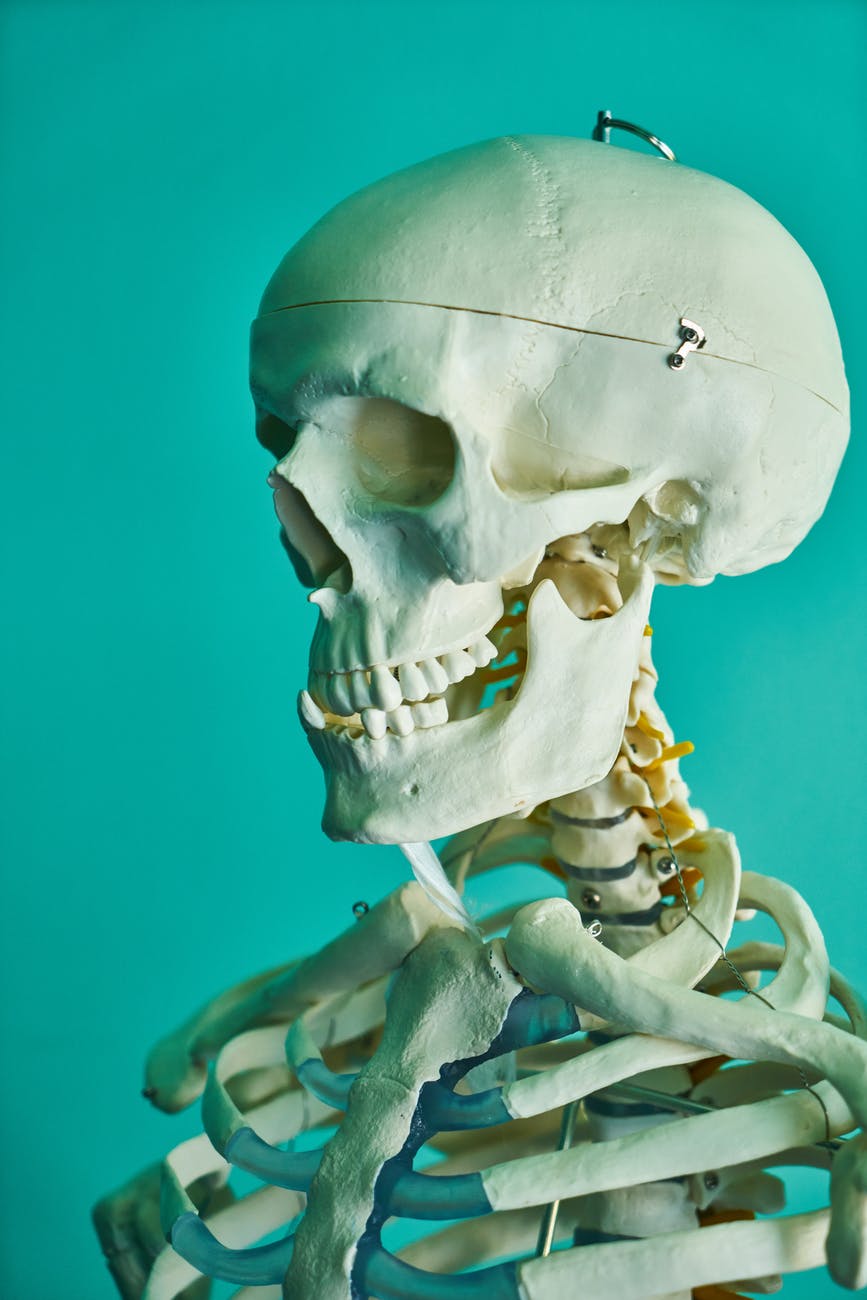What is the TMJ?
The TMJ or Temporomandibular Joint, is the jaw joint. We have one on each side of our face, which allows us to open and close our mouth to chew and talk. This joint can be painful as the result of an injury, inflammatory diseases, poor posture, and bad habits; such as chewing gum.
What are the Signs and Symptoms of TMJ Dysfunction?
Pain is the most common symptom of problems with the TMJ, although not everyone experiences pain.
Symptoms can include:
- Pain at the jaw joints
- Tightness and discomfort of the facial muscles
- Pain with movements of the jaw/mouth
- Pain with talking, chewing and yawning
- Referred tooth pain
- Clicking, grinding or locking of the jaw
- Headaches
- Neck pain and dizziness
- Ear pain, or ringing in the ears (tinnitus)
What Causes TMJ Pain?
There are many possible causes of TMJ pain. Often it is caused by a combination of factors, rather than a single cause. These causes include:
- Trauma, such as a blow to the face
- Over use of the jaw muscles, such as chewing gum, or biting the nails
- Clenching or grinding the teeth
- Arthritis
- Stress resulting in increased tension of the facial muscles
What are the Goals of Physical Therapy
Everyone has different and individual goals they want to get out of Physical Therapy. The goal of the Physical Therapists and Assistants is to:
- Reduce pain
- Minimize stiffness
- Improve range of motion
- Promote good posture
- Reduce bad habits, such as clenching
- Restore normal function and mobility
Tips to reduce TMJ pain
There are several tools that can be used to reduce pain and improve mobility of the jaw. These include:
- Apply ice for 10 minutes on the area of pain if there is swelling at the jaw
- Massage the joint and surrounding muscles
- Exercise your jaw regularly on the advice of your physical therapist/assistant
- Be aware of when you are clenching or grinding your teeth, and stop wen you catch yourself
- Change to a soft food diet and avoid hard and chewy foods
- Cut tough food into small pieces if you must eat them
- Avoid excessive chewing (e.g. Nails, gum, pen tops & your cheek).
- Limit your mouth opening, such as when yawning
- Try not to rest your jaw in your hand or holding your telephone to your ear with your shoulder
- Avoid Sleeping face down, as this puts a strain on the neck
- Try to stay in good posture so as not to over-stretch the ligaments and surrounding tissues, including those of the jaw